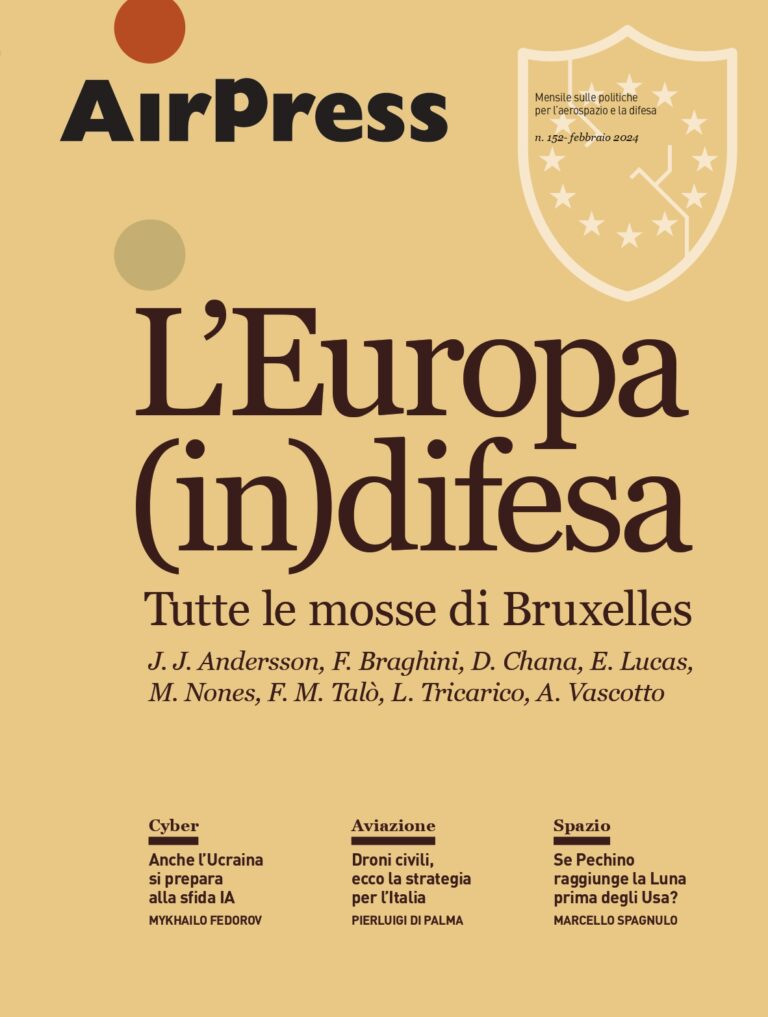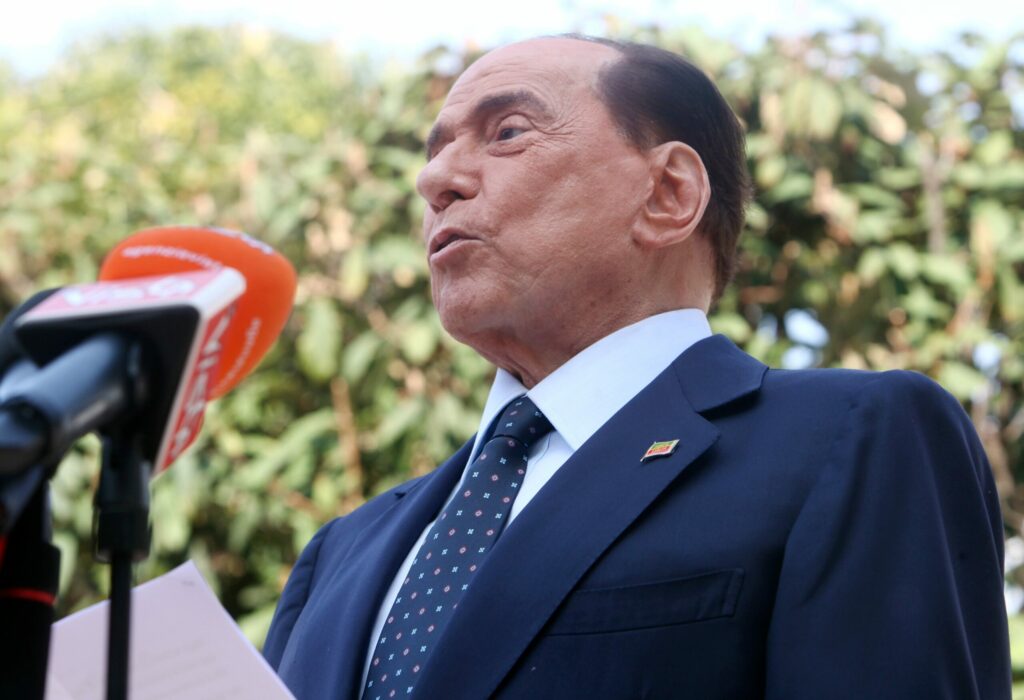Orphaned by Trump’s clout, the atmosphere in the Italian centre-right alliance grows tense after Silvio Berlusconi’s party mulls deeper collaboration with the government
These are hypertense times, what with the pandemic ripping through Italy, sowing profound discontent and fostering a toxic climate of partisan warfare. President Sergio Mattarella deemed it necessary to urge the country to ditch the “frantic controversies” and call for convergence and collaboration, to “redesign Italy together.”
Plenty of commentators read into the president’s words a thinly veiled slap on the wrist to the parties, whose spirit of collaboration has been dire, to say the least. Some among the opposition – led by the centre-right coalition – tend to mount a rather unconstructive blend of criticism, while the shaky governing majority – whose senior members are the Five Star Movement (5SM) and the Democratic Party – is fond of ignoring the opposition altogether and engaging in a good amount of internal quarrelling.
However, as of late, some chemistry has been brewing between the governing Dems and the most centrist party of the centre-right coalition, Silvio Berlusconi’s Forza Italia. The former prime minister made it known on Sunday that he is ready to cooperate with the government on certain vital issues, such as the upcoming budget law, and the Democratic leader Nicola Zingaretti, who was already cheering for an opening, hailed the news enthusiastically.
This was met with the approval of PM Giuseppe Conte, but caused quite a stir among the two parties’ respective allies. The 5SM, historically adverse to Mr Berlusconi, did not hide its discontent, which goes hand in hand with their fear of a government shake-up. Hence, the PM sought to appease them by declaring that this opening did not translate into a permanent alliance.
Meanwhile, the other two centre-right leaders – Matteo Salvini (League) and Giorgia Meloni (Brothers of Italy) – smelled betrayal. The former condemned Mr Berlusconi “playing footsie” with the left, and the latter said that she was amazed in seeing the government accepting pointers “only from [the opposition party] they like.”
Then again, Mr Berlusconi had arguably been the most verbally contained, responsible and collaborative opposition member since the start of the pandemic. His party is locked into an “anti-footsie” alliance with the other two right-wing forces, but it has strived to maintain a separate identity – staunchly Europhile and Atlanticist, in favour of accepting controversial EU funds, and less preoccupied with the “defence of traditional identity” discourse that’s so central to the rhetoric of his allies.
The bigger international picture is also favouring Mr Berlusconi’s line and damaging the credibility of his allies, especially when it comes to the US elections. He was the first to congratulate the US’ President-elect Joe Biden (the other two didn’t, as of yet) and he has never been a fan of the ousted president, Donald Trump, while the other two cheered for him.
Furthermore, Poland and Hungary – Mr Salvini and Ms Meloni’s European allies – sparked widespread condemnation in Europe by vetoing the Next Generation EU funds over their rule-of-law conditionalities. This is particularly meaningful for Italy, which is set to receive €209 billion to heal the pandemic’s damages, and thus potentially embarrassing for the two right-wing leaders.
Thus, Mr Berlusconi can only gain from remarking his distance from his allies and engaging in constructive collaboration with the government in these trying times, which the other two parties do not seem keen on.
The bet is risky: this possible repositioning already cost him three MPs (they migrated to the League on Thursday) and his party’s consensus has been dwindling. However, some pundits would love to see the creation of a moderate, pro-business, centrist political sphere, one that’s alternative to the rather fragile and leftist 5SM-Dem alliance and to the Trump-esque offering of Mr Salvini and Ms Meloni.
The government’s collapse seems unlikely at the moment, but if Italians were to vote now, it’s estimated that the entire centre-right coalition would attract 47% of voters. But, if Mr Berlusconi eventually decides to break with his allies (which also seems unlikely, but far from impossible), the Italian political landscape would change rather dramatically.







